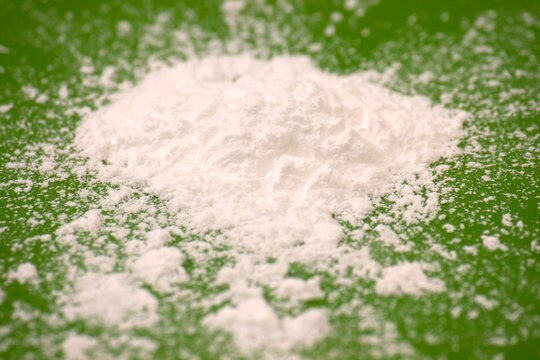902403
3D Printing Hydroxyapatite ink
Synonym(s):
3D printing Hydroxylapatite ink, Calcium phosphate hydroxide, Durapatite, Hydroxyapatite, Hydroxylapatite, Hyperelastic bone
About This Item
Recommended Products
form
liquid
greener alternative product characteristics
Design for Energy Efficiency
Learn more about the Principles of Green Chemistry.
sustainability
Greener Alternative Product
viscosity
20-60 Pa.s
greener alternative category
storage temp.
2-8°C
General description
Application
Our Hyper elastic Bone 3D-printing ink is comprised of micron sized hydroxyapatite suspended in a mixture of organic solvents containing a dissolved, high molecular weight elastomeric, biocompatible polyester (polylactic-co-glycolic acid;PLGA). Prior to further use, to remove residual solvents after 3D-printing (or other application such as coating, direct painting etc) the composite material should be washed in 70% ethanol and then by water. The 3D-printed hydroxyapatite can be used as a flexible, bioactive, biocompatible ceramic composite or it can also be sintered (1500 °C recommended) in a non-oxidative atmosphere to yield Hyper elastic Bone parts. As sintered, Hyper elastic Bone is highly chemically and thermally stable, and can be used for a wide variety of high temperature applications. It also has numerous hard biological tissue (teeth and bone) applications, and can serve in it as as-printed, washed form as flexible ceramic composite cell scaffold, or in its sintered form, as a rigid ceramic scaffold/implant. In its 3D-printed, flexible form, Hyper elastic Bone has been shown to be highly osteoconductive, and osteogenic, capable of differentiation adult human stem cells into osteoblast-like cells.
Caution
Signal Word
Danger
Hazard Statements
Precautionary Statements
Hazard Classifications
Aquatic Chronic 3 - Carc. 2 - Eye Irrit. 2 - Repr. 1B - Skin Irrit. 2 - STOT SE 3
Target Organs
Central nervous system
Storage Class Code
6.1C - Combustible acute toxic Cat.3 / toxic compounds or compounds which causing chronic effects
WGK
WGK 3
Flash Point(F)
152.6 °F
Flash Point(C)
67 °C
Choose from one of the most recent versions:
Certificates of Analysis (COA)
Don't see the Right Version?
If you require a particular version, you can look up a specific certificate by the Lot or Batch number.
Already Own This Product?
Find documentation for the products that you have recently purchased in the Document Library.
Customers Also Viewed
Articles
Bioinks selection guide for 3D bioprinting of cells for tissues engineering applications.
Our team of scientists has experience in all areas of research including Life Science, Material Science, Chemical Synthesis, Chromatography, Analytical and many others.
Contact Technical Service







